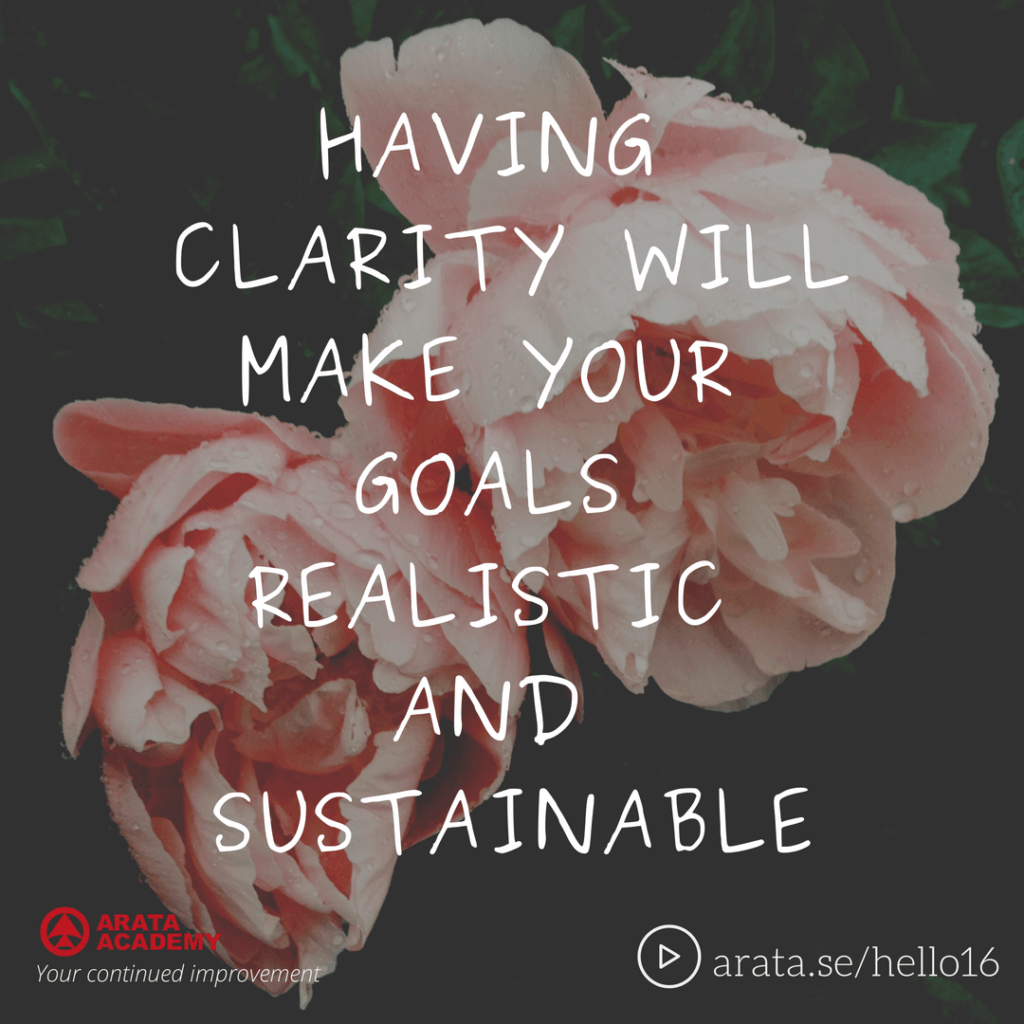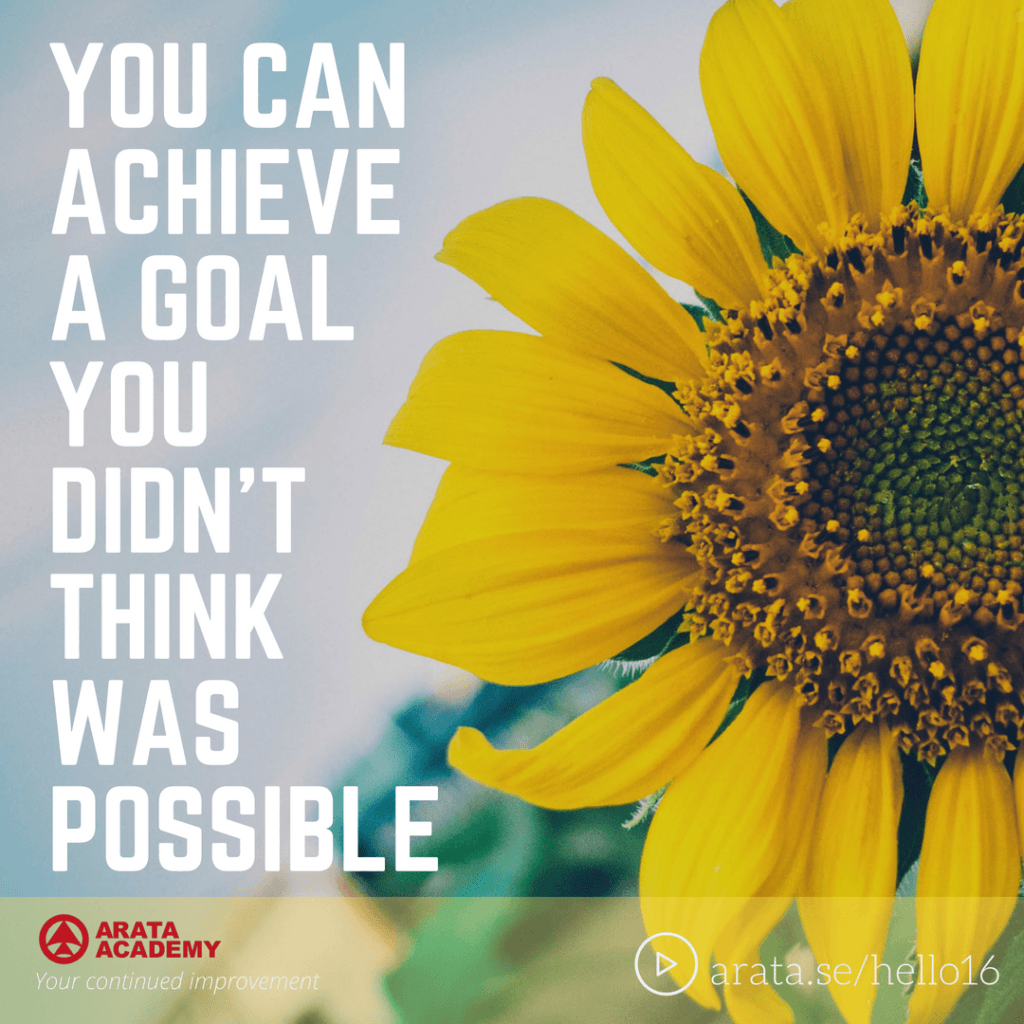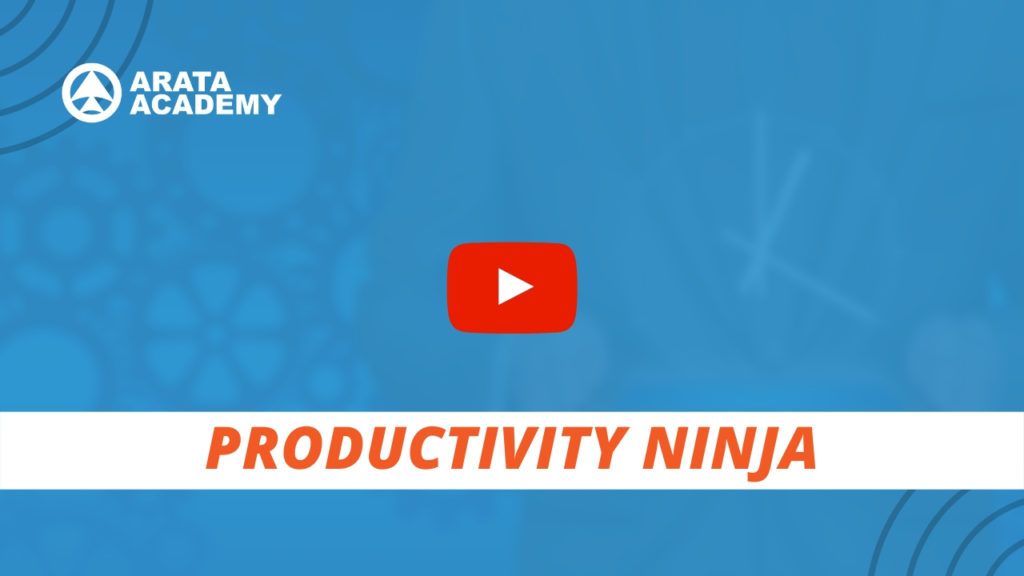Hello! Seiiti Arata. Most people don’t want to get out of bed in the morning. I’m guessing you feel guilty about that; it’s why you’re watching this video, right?
This idea may be uncomfortable at first. Maybe you secretly love going to sleep late at night, sometimes it’s unavoidable to be sucked into Netflix – by the way, I’d love to see your recommendations of your favorite shows in the comments below.
Some days it’s just not easy to get out of bed for a whole bunch of reasons. Some nights there are higher priorities than going to sleep like we went out with friends, brought work home, had to deal with children… you get the idea.

How do we move past our conflicting desire to stay in bed, but also wanting to get an early start to the day? There’s an idealized version of ourselves waking up earlier that’s in reach and here are some tips on how to get there.
1. Clarity.
If you are a subscriber to our YouTube channel, you’ve seen in previous videos that we often start with clarity. Do you have a clear picture of your needs? What sleep pattern would best fit your desired lifestyle?
I ask this before we go to the technique to become an early riser because it’s important to be honest and know what’s realistic. What are your priorities? In other words, if you love the social scene, do you think it is realistic to also aim for becoming an early riser? If the answer is yes, maybe you need to also incorporate some daily naps.

What about your spouse? Would it be okay if you set your alarm for 5:30 in the morning? What about your children? If becoming an early riser means going to bed earlier, do you think this is realistic given the activities of everyone else in your home?
What about your job? Do you travel a lot? How does that affect your sleep? See, the reason why clarity is necessary is so that our choices can work and be sustainable. Many people fail to become early risers: they ignore all other ecological aspects and only wake up early for a few days before returning to their previous patterns.
Do you need to wake up earlier? Sometimes it’s easy to feel as if waking up later makes you lose a significant part of the day. This is not necessarily the case. There’s an interesting book on the daily habits of great writers, artists, and scientists describing how they had different sleeping habits – early risers and night owls included. You can check out the book.
2. Experiment with different approaches
Everyone is obviously unique and there is no one-size-fits-all solution to waking up early and being fulfilled.
Here are three different approaches to help you become an early riser:
i) Follow the same sleeping pattern every day. Allow enough hours for a proper rest. You now have a bedtime and a morning alarm. This is ideal for people who thrive in controlled environments. Keep in mind that the first days will be hard as you’ll probably not fall asleep at the same time each night while you get used to the new schedule.
ii) Go to bed when your body feels tired and wake up in the morning when you are fully rested. This method is based on the natural rhythm of the body and is best used if you work from home. This method does not guarantee you will be an early riser, especially if you’re not tired until late hours of the night.
iii) Try a combination of the two methods. Go to bed when you’re tired and set an alarm for the same time each morning.

Once the clock rings, turn it off, stretch once and get up immediately. Don’t allow too much hovering in the bed, as you will have the tendency of falling back asleep. Go to the kitchen and start your day.
The beauty of this method is the simplicity of self-adjustment. If you went to bed late, you will more than likely fall asleep earlier the next night to make up for lack of sleep. Waking up at the same time will slowly turn into a habit. You can achieve a goal you didn’t think was possible.
If your current sleeping pattern is leaving you tired, it’s time for a change. Once you get into the rhythm of waking up earlier, you’ll feel more determined and energized for the day.
Start with clarity and then experiment with different approaches for a new schedule. Small sacrifices will result in long-term benefits. You’ll gain more hours of the day, leading to more productivity and satisfaction.
Keep in mind that your sleep pattern also needs to be ecological and if you cannot disturb others at home or cannot sleep when others are still making noise, you need to adjust all that. In our courses we explain how to make these adjustments.

